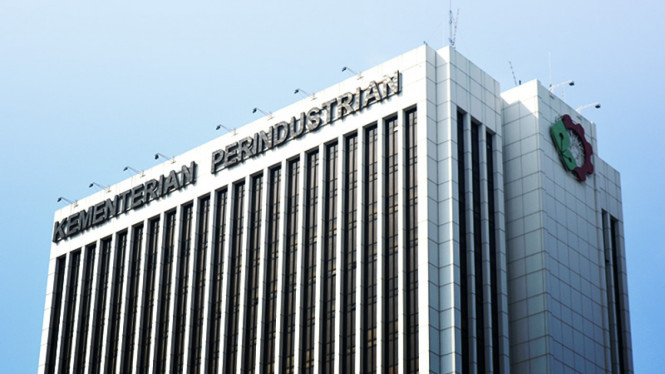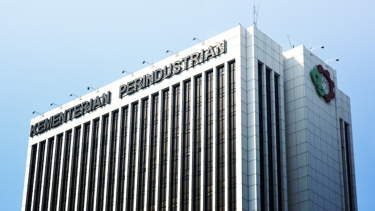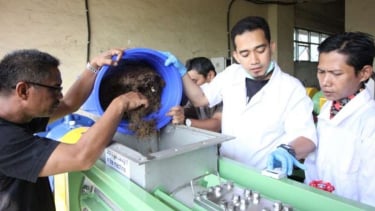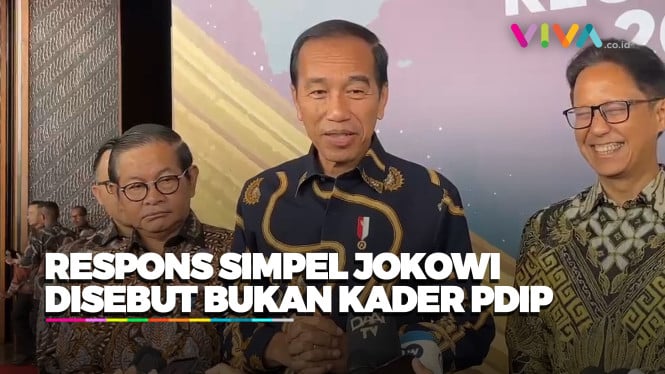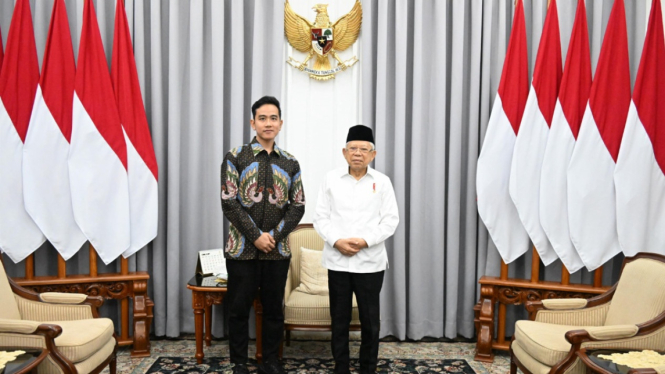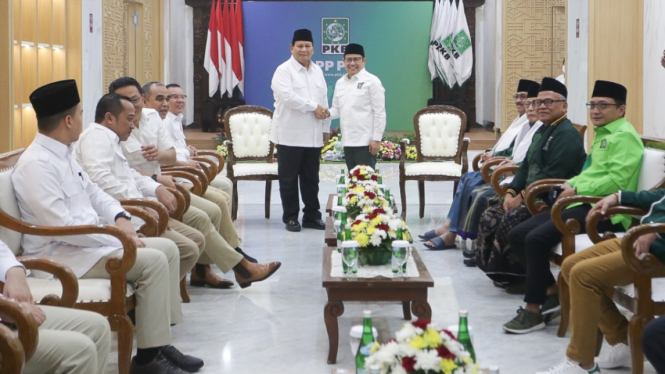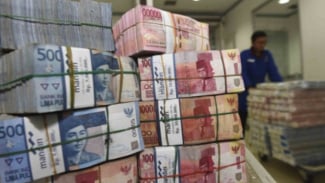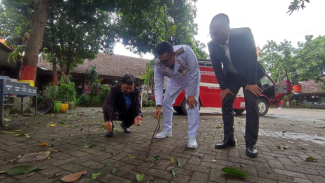- vivanews/Andry Daud
VIVA – The Ministry of Industry makes efforts to encourage the use of technological innovation to increase the competitiveness of the national industry. One of the efforts is developing a machine to utilize Oil Palm Empty Bunches (TKKS) waste as an alternative raw material for the paper industry.
Quoted from the Ministry of Industry's website on Thursday, July 14, 2022 explained that this strategic step is expected to overcome the problem of imported recycled paper raw materials.
In 2021, the pulp and paper industry will have a trade balance surplus, but there are still raw materials that come from import. On the other hand, Indonesia has a very abundant source of fiber reaching 51 million tons.
According to the Head of Standardization and Policy for Industrial Services, Doddy Rahadi said that the technological innovation utilizes Oil Palm Empty Bunches (TKKS) as raw material for pulp and paper products.
"That's why we are making technological innovations to use TKKS as raw material for pulp and paper products," Head of the Industrial Services Standardization and Policy Agency (BSKJI) of the Ministry of Industry, Doddy Rahadi remarked in Bandung on Thursday, July 14, 2022.
Kemenperin dan Jepang olah limbah sawit jadi bahan baku kertas
- Kemenperin
According to Doddy Rahadi, the Ministry of Industry socializes the technological innovations developed by the Center for Standardization and Cellulose Industrial Services (BBSPJI Cellulose) of the Ministry of Industry to paper industry companies.
"We hope that TKKS processing technology as a raw material for pulp and paper products can be applied in the industry to support the utilization of the abundant EFB waste," Doddy said.
BBSPJI Cellulose has utilized TKKSinto mechanical pulp with the advantage of lower production costs, and can reduce the impact on the environment with minimum use of chemicals.
With this technology, the yield of pulp produced is about 70%, higher than the yield of chemical pulp.
According to the Head of BBPSJI Cellulose, Sri Bimo Pratomo, the mechanical pulp characteristics (TKKS) can reduce imports of recycled paper raw materials.
"Collaboration is very necessary to realize and grow a strong pulp and paper industry, especially in the resilience of raw materials and increasing import substitution," Sri Bimo said.
ilustrasi kertas HVS.
- pixabay.com/tamara
Sri Bimo Pratomo added that technically the utilization of empty oil palm fruit bunches waste for alternative raw materials for the paper industry consists of a crusher machine for pre-treatment of TKKS raw materials before pulp is made.
Then a masher machine to grind TKKS and clean TKKS from mud and impurities. Finally, use a gimmick machine for mechanical pulping through a kneading mechanism to generate heat from mechanical movement and friction between TKKS fibers in the machine.
“The capacity of this machine is 100 kg/hour. In the context of utilizing TKKS, this machine pilot plant can be utilized, either directly or by reverse engineering, to produce machines on a mass production scale,” Sri Bimo Pratomo said.

